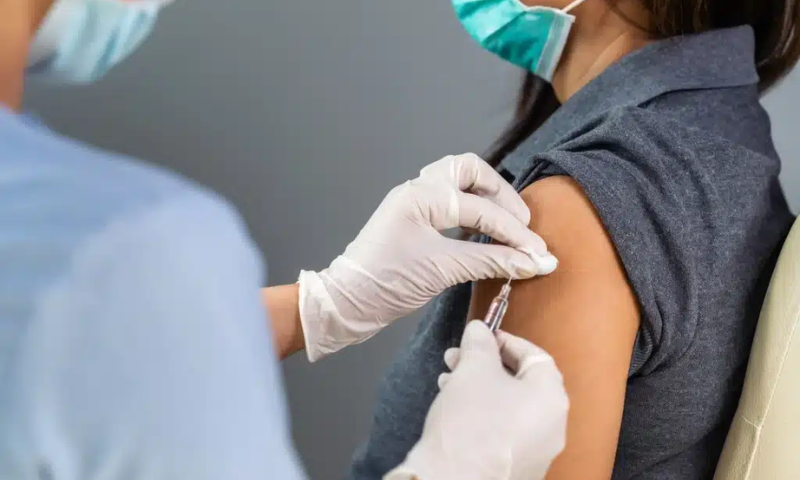NEW YORK: Researchers at the University of New Mexico School of Medicine have made a breakthrough in the development of a cost-effective vaccine that could significantly reduce high cholesterol, potentially lowering the risk of diseases such as heart disease and stroke.
The vaccine, which has shown promising results in mice and monkeys, could be administered once a year, providing a convenient and affordable solution to address high cholesterol.
The injection works by blocking the cholesterol-raising protein PCSK9, a molecule produced in the liver that elevates LDL (bad) cholesterol levels in the bloodstream. In animal trials, the vaccine lowered LDL cholesterol by nearly 30 percent, indicating its potential to reduce the risk of heart disease.
Dr. Bryce Chackerian, lead researcher and Regents’ Professor in the Department of Molecular Genetics & Microbiology at UNM, described the vaccine as having a “global impact” and expressed hope that it could be available to people within the next 10 years. High cholesterol is a key risk factor in heart disease, which accounts for almost 18 million adult deaths worldwide annually.
New Vaccine Expected Less Costly
Unlike existing PCSK9-inhibiting injections on the market, which can be costly, the researchers expect that the new vaccine could be priced at less than $100 per dose. The cost-effectiveness is attributed to the vaccine being made with a “relatively inexpensive” bacteria, making it a potentially affordable solution for a broader population.
The vaccine’s mechanism involves injecting non-infectious virus particles with tiny bits of PCSK9 attached to them, prompting a strong antibody response from the immune system. The researchers believe that the vaccine, if proven effective in human trials, could offer a less expensive and widely applicable alternative to existing therapies, especially in regions with limited resources.
After a decade of successful testing on animals, the researchers are now seeking funding for human trials, marking a significant step forward in the quest to combat high cholesterol and its associated health risks.























